




Related bibliographies:
Reptiles
 Lizards Lizards
 Gekkonidae Gekkonidae
Africa






































































































































































































































































































































| |

Bibliography of the genus
Rhoptropus (Southwest African Day Geckos)

(Reptilia: Sauria: Gekkonidae)
Note:
In order to limit redundancy, relevant literature indexed in the related bibliographies in the left column may not have been included in this page. For a comprehensive search of literature, these bibliographies should therefore also be consulted.
Rhoptropus in general
 |
Bauer, A.M.; Good, D.A. 1996. Phylogenetic systematics of the day geckos, genus Rhoptropus (Reptilia: Gekkonidae), of south-western Africa. Journal of Zoology (London) 238(4): 635-663.
Bauer, A.M.; Russell, A.P.; Powell, G.L. 1996. The evolution of locomotor morphology in Rhoptropus (Squamata: Gekkonidae): functional and phylogenetic considerations. African Journal of Herpetology 45(1): 8-30.
Haacke, W.D.; Odendaal, F.J. 1981. The distribution of the genus Rhoptropus (Reptilia, Gekkonidae) in the central Namib Desert. Madoqua 12(4): 199-215.
Johnson, M.K.; Russell, A.P. 2009. Configuration of the setal fields of Rhoptropus (Gekkota: Gekkonidae): functional, evolutionary, ecological and phylogenetic implications of observed pattern. Journal of Anatomy 214(6): 937-955.
Lamb, T.; Bauer, A.M. 2001. Mitochondrial phylogeny of Namib day geckos (Rhoptropus) based on cytochrome b and 16S rRNA sequences. Copeia 2001(3): 775-780.
Odendaal, F.J. 1979. Notes on the adaptive ecology and behaviour of four species of Rhoptropus (Gekkonidae) from the Namib Desert with special reference to a thermoregulatory mechanism employed by Rhoptropus afer. Madoqua 11(3): 255-260.
Roll, B. 1999. Biochemical and morphological aspects of the relationship of the Namaqua day gecko to Phelsuma and Rhoptropus (Reptilia, Gekkonidae). Zoology (Jena) 102(1): 50-60.
Russell, A.P.; Johnson, M.K. 2008. Real-world challenges to, and capabilities of, the gekkotan adhesive system: contrasting the rough and the smooth. Canadian Journal of Zoology 85(12): 1228-1238.
Schneider, C.; Barts, M. 2014. Die Geckos der Gattung Rhoptropus. Sauria (Berlin) 36(3): 29-39.
Thominot, A. 1878. Note sur un nouveau genre de reptile de la Famille des Geckotiens. Bull. Soc. Philomath. Paris (Ser. 7) 2: 254-256.
|
Rhoptropus afer
 |
Birn-Jeffery, A.V.; Higham, T.E. 2016. Light level impacts locomotor biomechanics in a secondarily diurnal gecko, Rhoptropus afer. Journal of Experimental Biology 219(22): 3649-3655.
Cloudsley-Thompson, J.L. 1990. Thermal ecology and behaviour of Physadesmia globosa (Coleoptera: Tenebrionidae) in the Namib Desert. Journal of Arid Environments 19(3): 317-324.
Collins, C.E.; Russell, A.P.; Higham, T.E. 2015. Subdigital adhesive pad morphology varies in relation to structural habitat use in the Namib Day Gecko. Functional Ecology 29(1): 66-77.
Higham, T.E.; Russell, A.P. 2010. Divergence in locomotor performance, ecology, and morphology between two sympatric sister species of desert-dwelling gecko. Biological Journal of the Linnean Society 101(4): 860-869.
Nagy, K.A.; Seely, M.K.; Buffenstein, R. 1993. Surprisingly low field metabolic rate of a diurnal desert gecko, Rhoptropus afer. Copeia 1993(1): 216-219.
Odendaal, F.J. 1979. Notes on the adaptive ecology and behaviour of four species of Rhoptropus (Gekkonidae) from the Namib Desert with special reference to a thermoregulatory mechanism employed by Rhoptropus afer. Madoqua 11(3): 255-260.
Peterson, C.C. 1990. Paradoxically low metabolic rate of the diurnal gecko Rhoptropus afer. Copeia 1990(1): 233-237.
Schneider, C.; Barts, M.; Mueller, F. 2010. Lebensweise, Habitat und erste Erfahrungen bei der Haltung von Rhoptropus afer Peters, 1869. Sauria (Berlin) 32(1): 47-54.
|
Rhoptropus barnardi
 |
Goldberg, S.R. 2009. Rhoptropus barnardi Hewitt, 1926. Barnard's Namib Day Gecko. African Herp News 48: 15-17.
Meyer, M. 1999. Rhoptropus barnardi - ein "Taggecko" aus Namibia. Reptilia (D) 4(15): 55-58.
Roll, B. 1998. Rhoptropus barnardi Hewitt. Sauria (Berlin) 20(3): 427-430.
Röll, B. 2006. Barnards Namib-Taggecko - Rhoptropus barnardi. Natur und Tier-Verlag, Münster. 62 pp.
Russell, A.P.; Johnson, M.K. 2014. Between a rock and a soft place: microtopography of the locomotor substrate and the morphology of the setal fields of Namibian day geckos (Gekkota: Gekkonidae: Rhoptropus). Acta Zoologica (Copenhagen) 95(3): 299-318.
|
Rhoptropus biporosus
 |
Russell, A.P.; Johnson, M.K. 2014. Between a rock and a soft place: microtopography of the locomotor substrate and the morphology of the setal fields of Namibian day geckos (Gekkota: Gekkonidae: Rhoptropus). Acta Zoologica (Copenhagen) 95(3): 299-318.
|
Rhoptropus boultoni
 |
Russell, A.P.; Johnson, M.K. 2014. Between a rock and a soft place: microtopography of the locomotor substrate and the morphology of the setal fields of Namibian day geckos (Gekkota: Gekkonidae: Rhoptropus). Acta Zoologica (Copenhagen) 95(3): 299-318.
|
Rhoptropus bradfieldi
 |
Autumn, K. 1999. Secondarily diurnal geckos return to cost of locomotion typical of diurnal lizards. Physiological and Biochemical Zoology 72(3): 339-351.
Barts, M.; Ballandat, S. 2009. Rhoptropus bradfieldi Hewitt, 1935. Bradfield's Namib Day Gecko. Reproduction. African Herp News 47: 39-40.
Bauer, A.M.; Lamb, T. 2001. A reconsideration of the systematic status of Rhoptropus bradfieldi diporus Haacke 1965. African Journal of Herpetology 50(2): 71-78.
Higham, T.E.; Russell, A.P. 2010. Divergence in locomotor performance, ecology, and morphology between two sympatric sister species of desert-dwelling gecko. Biological Journal of the Linnean Society 101(4): 860-869.
Murray, I.W.; Fuller, A.; Lease, H.M.; Mitchell, D.; Hetem, R.S. 2016. Ecological niche separation of two sympatric insectivorous lizard species in the Namib Desert. Journal of Arid Environments 124: 225-232.
Murray, I.W.; Fuller, A.; Lease, H.M.; Mitchell, D.; Wolf, B.O.; Hetem, R.S. 2015. Low field metabolic rates for geckos of the genus Rhoptropus may not be surprising. Journal of Arid Environments 113: 35-42.
Russell, A.P.; Johnson, M.K. 2014. Between a rock and a soft place: microtopography of the locomotor substrate and the morphology of the setal fields of Namibian day geckos (Gekkota: Gekkonidae: Rhoptropus). Acta Zoologica (Copenhagen) 95(3): 299-318.
Werner, Y.L. 1977. Ecological comments on some gekkonid lizards of the Namib Desert, South West Africa. Madoqua 10(2): 157-169.
|
Rhoptropus diporus
 |
Bauer, A.M.; Lamb, T. 2001. A reconsideration of the systematic status of Rhoptropus bradfieldi diporus Haacke 1965. African Journal of Herpetology 50(2): 71-78.
Haacke, W.D. 1965. Additional Notes on the Herpetology of South West Africa with Descriptions of two new Subspecies of Geckos. Cimbebasia 11: 1-40.
Russell, A.P.; Johnson, M.K. 2014. Between a rock and a soft place: microtopography of the locomotor substrate and the morphology of the setal fields of Namibian day geckos (Gekkota: Gekkonidae: Rhoptropus). Acta Zoologica (Copenhagen) 95(3): 299-318.
|
| | 


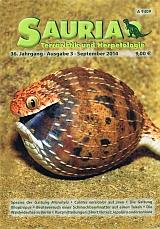

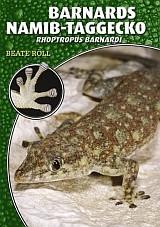



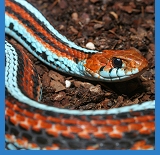
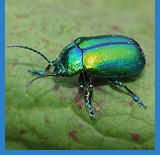
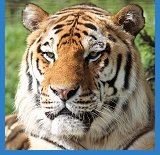
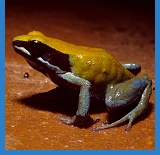
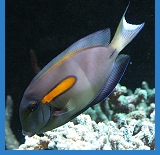
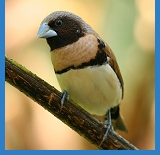

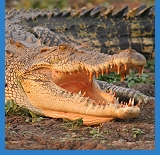

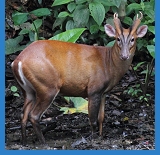
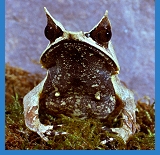
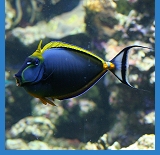
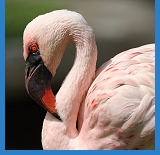

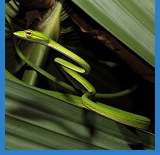
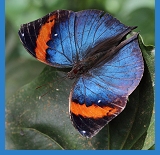
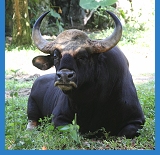
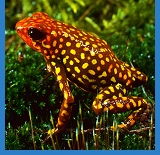
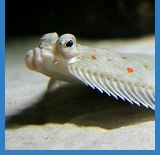
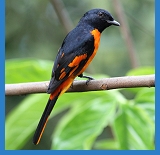

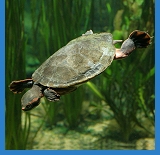
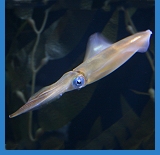
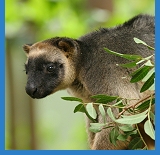
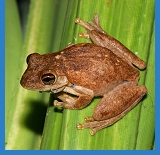
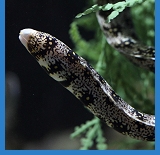
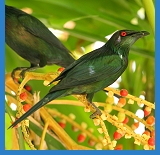

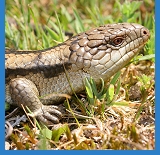
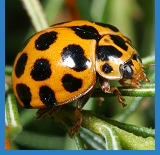
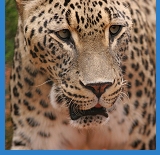
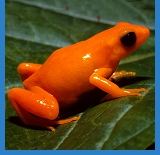
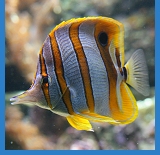
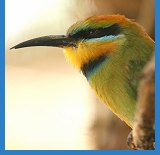

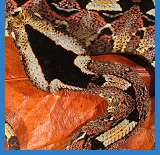
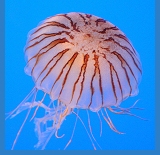
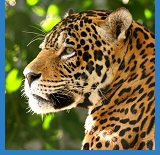
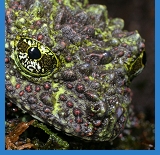
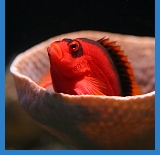
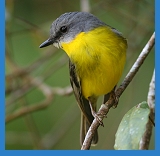

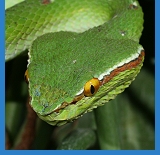
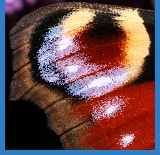
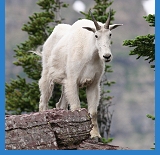
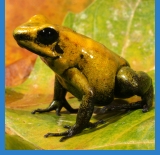
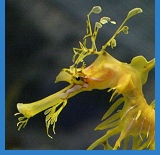
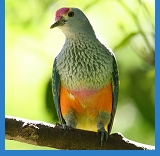

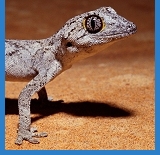
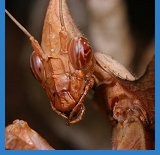
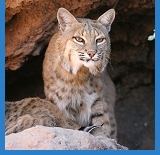
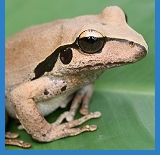
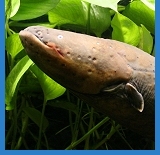
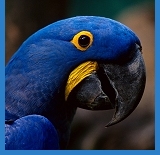

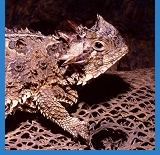
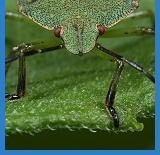
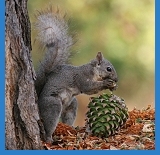
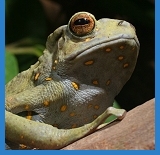
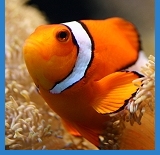
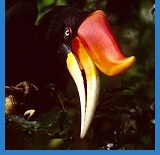

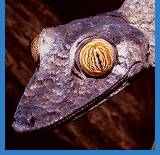
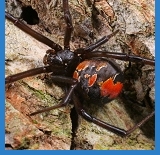
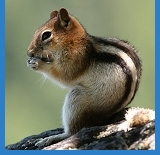
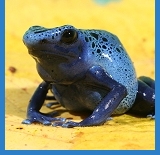
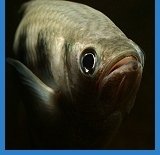
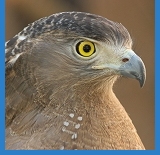

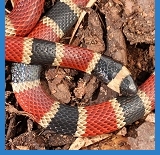
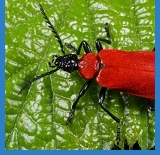
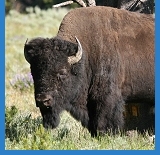
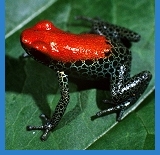
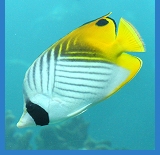
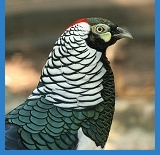

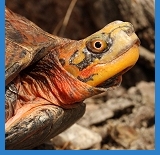
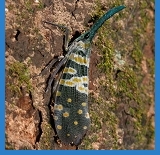

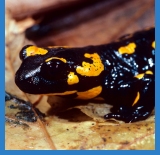

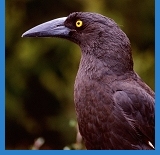

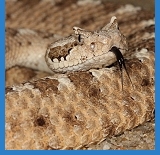
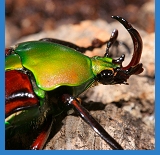
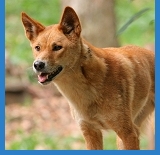
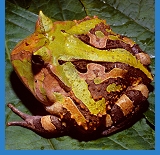
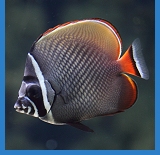
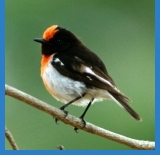

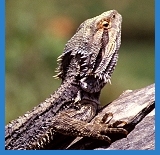
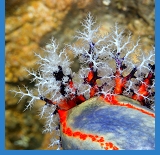
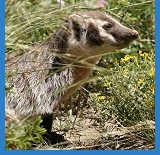
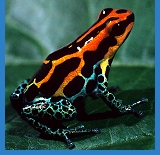
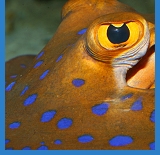
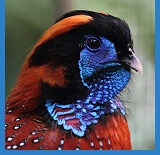

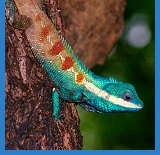
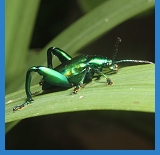
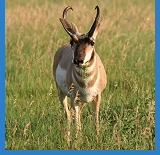
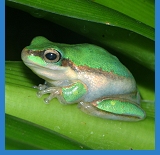
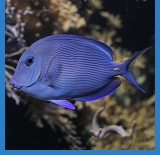
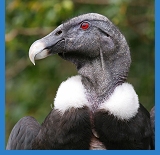

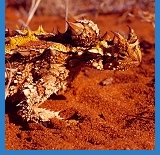
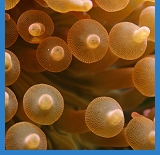
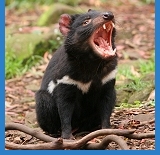
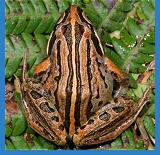
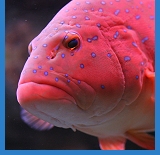
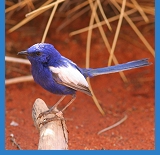

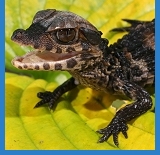
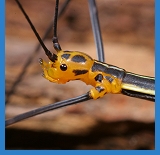
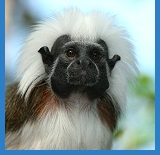
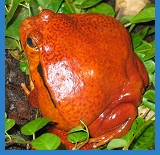
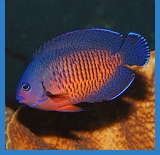
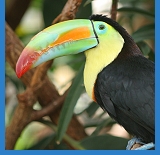

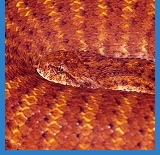
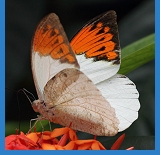
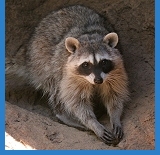
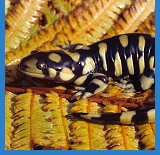
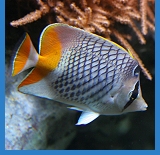
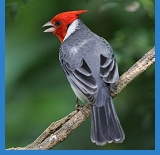

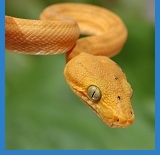
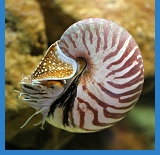
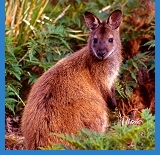
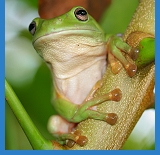
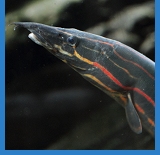
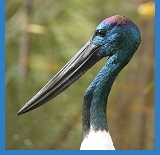

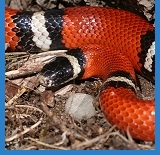
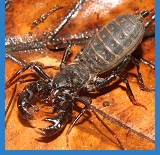
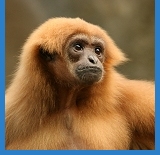
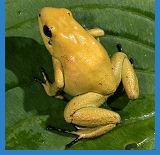
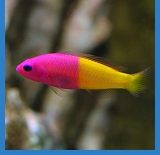
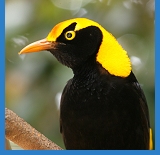

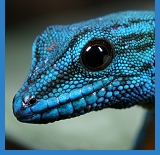
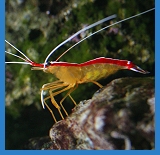
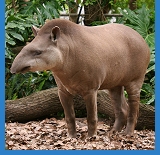
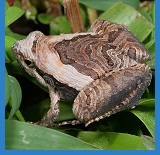
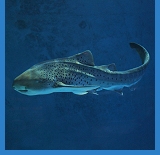
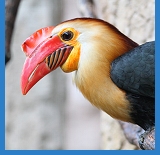

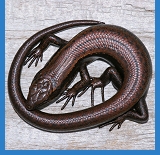
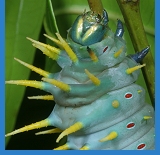
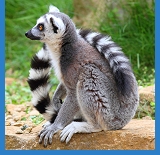
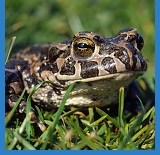
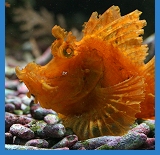
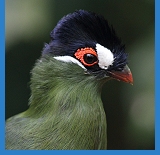

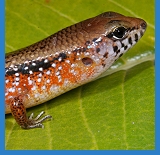
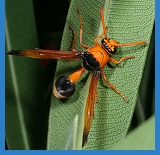
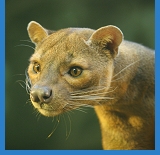
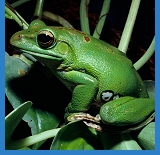
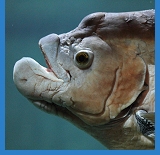
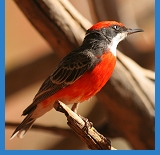

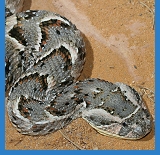
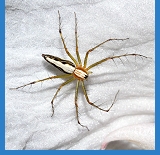
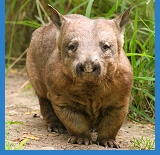
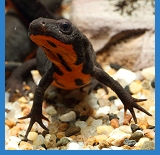
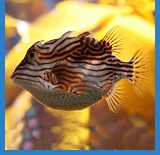


|

